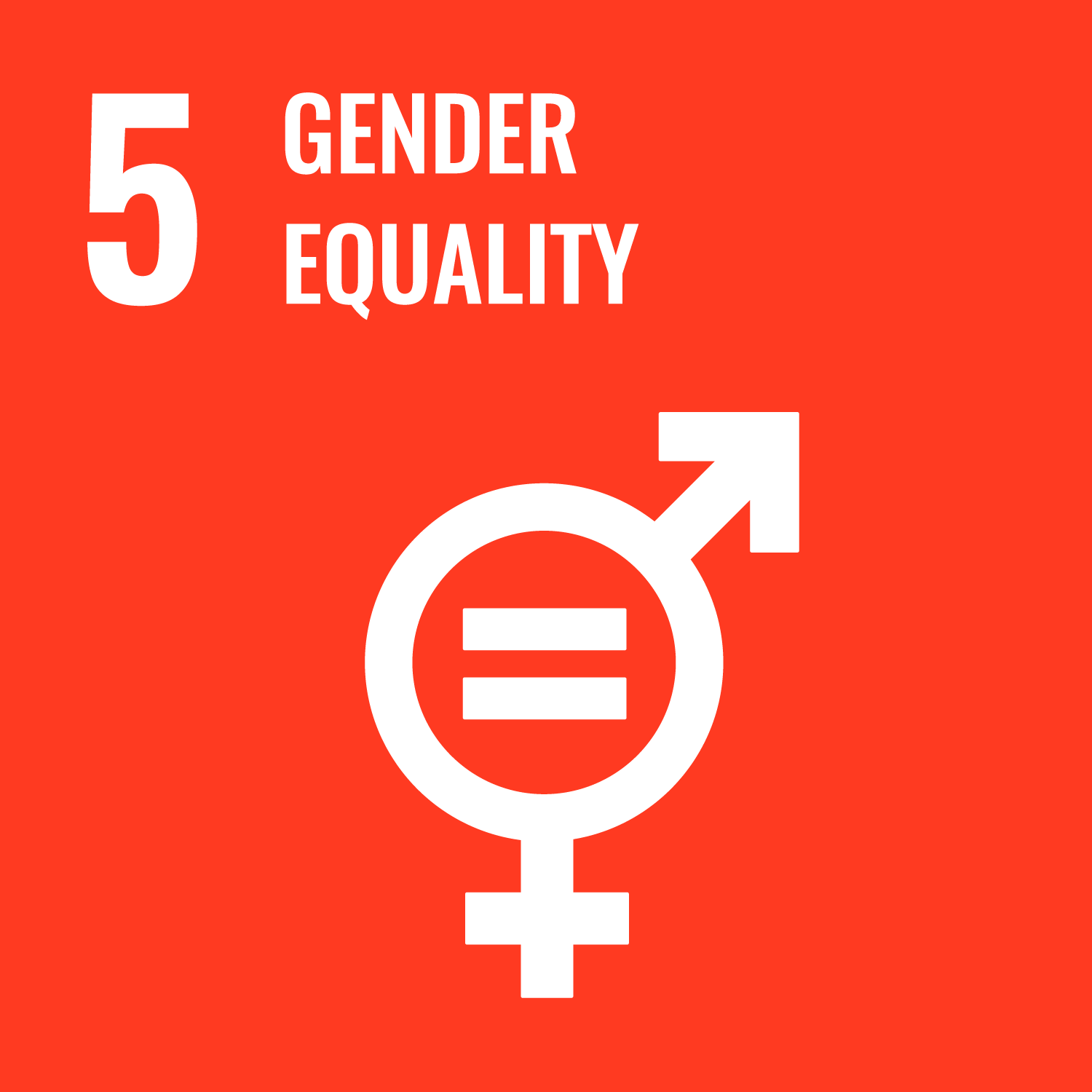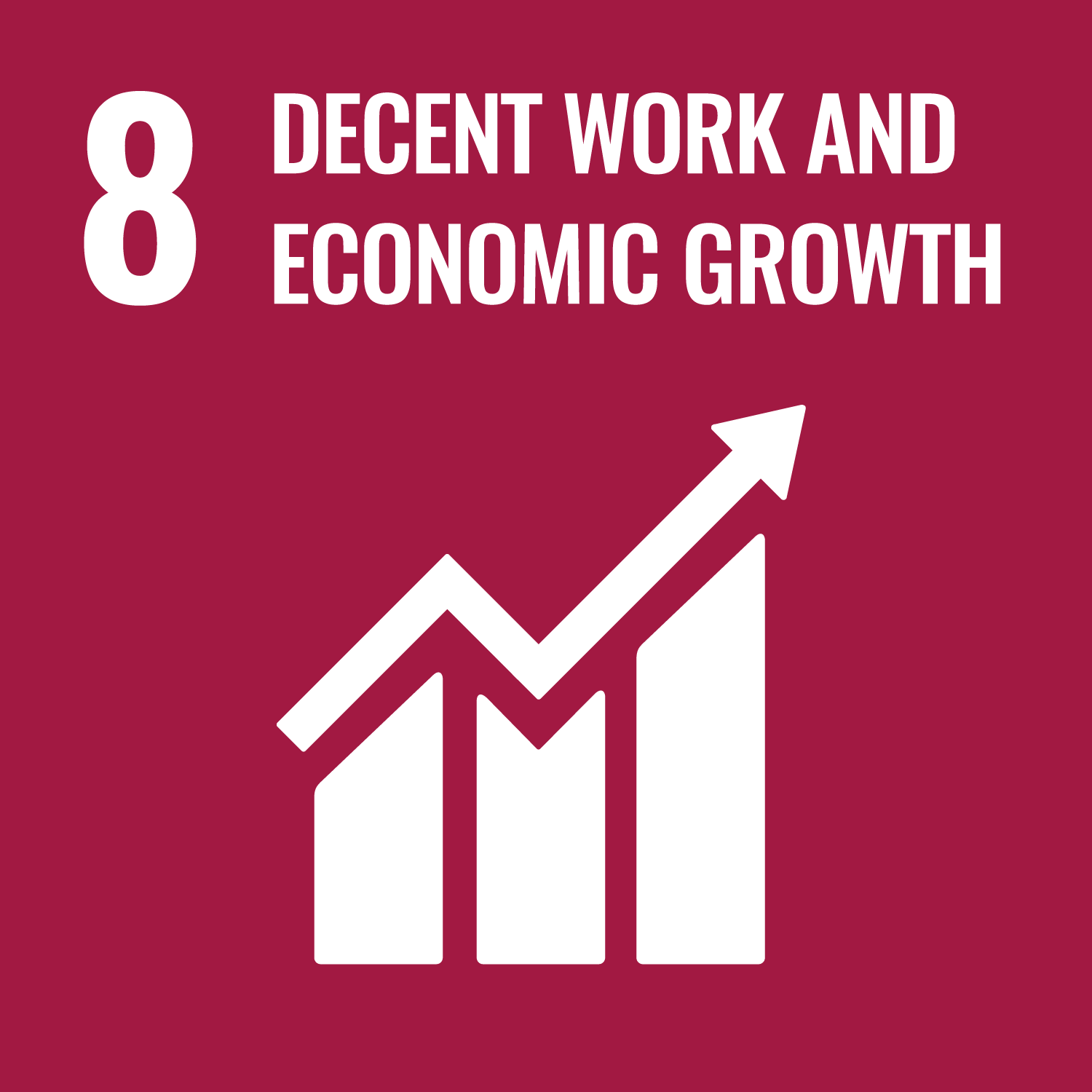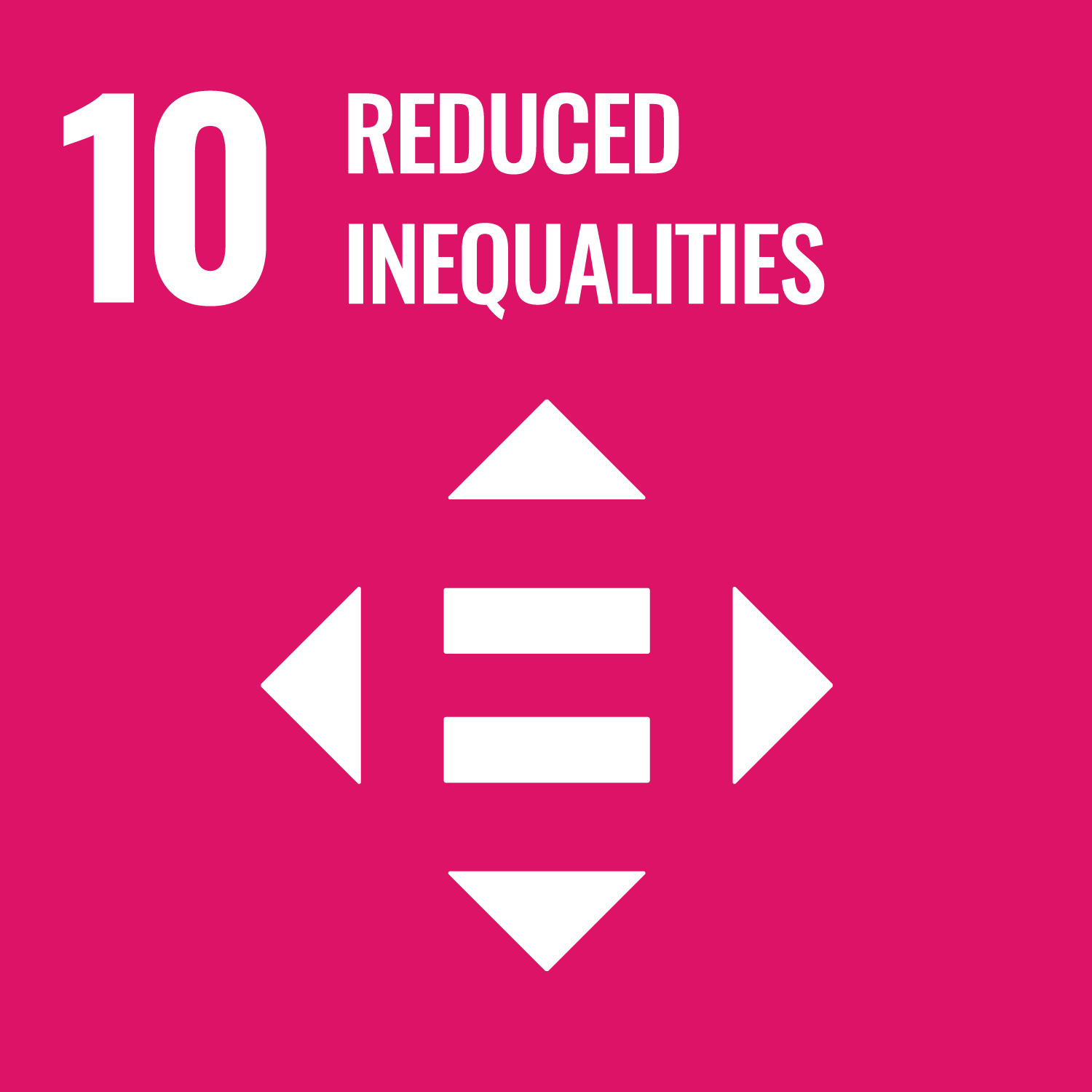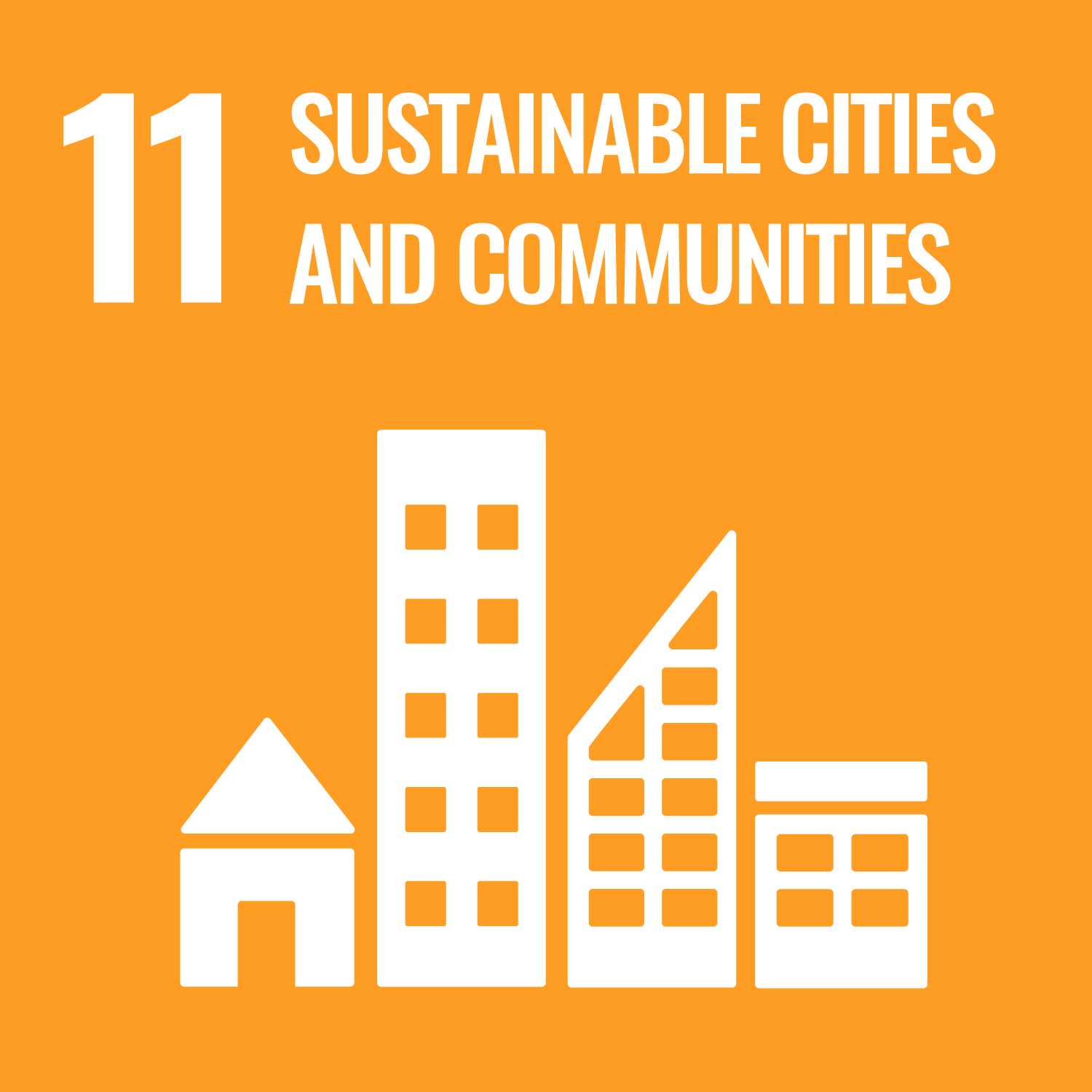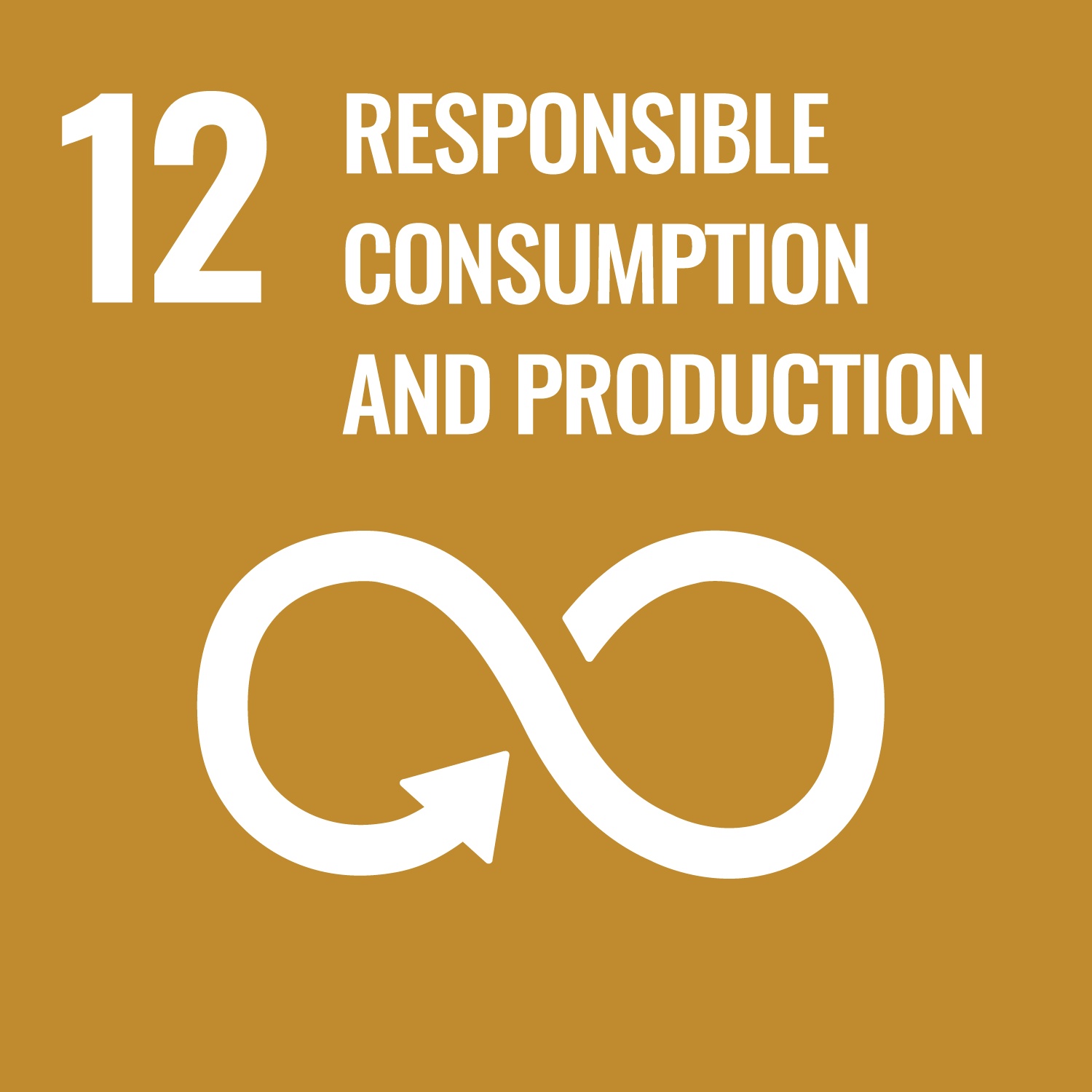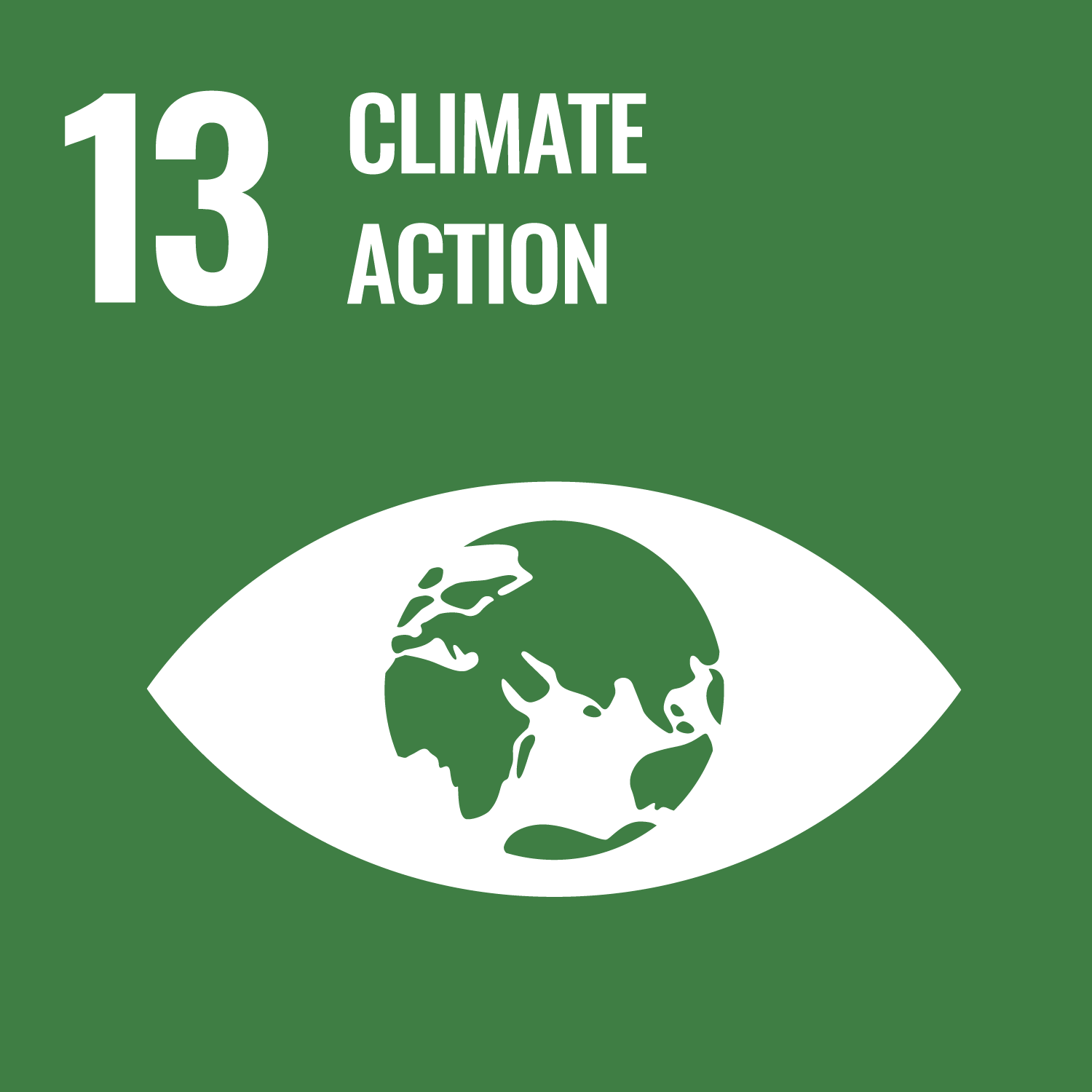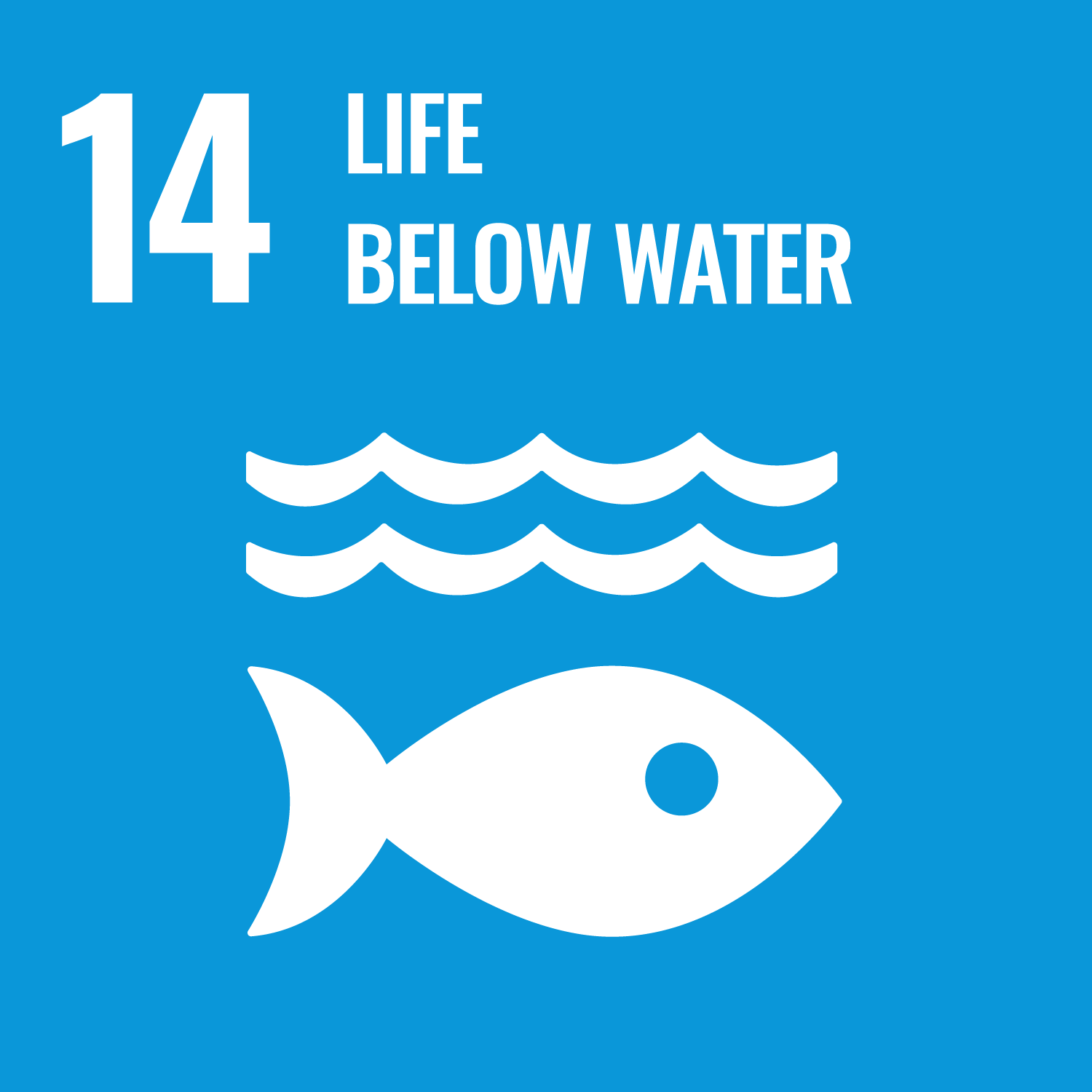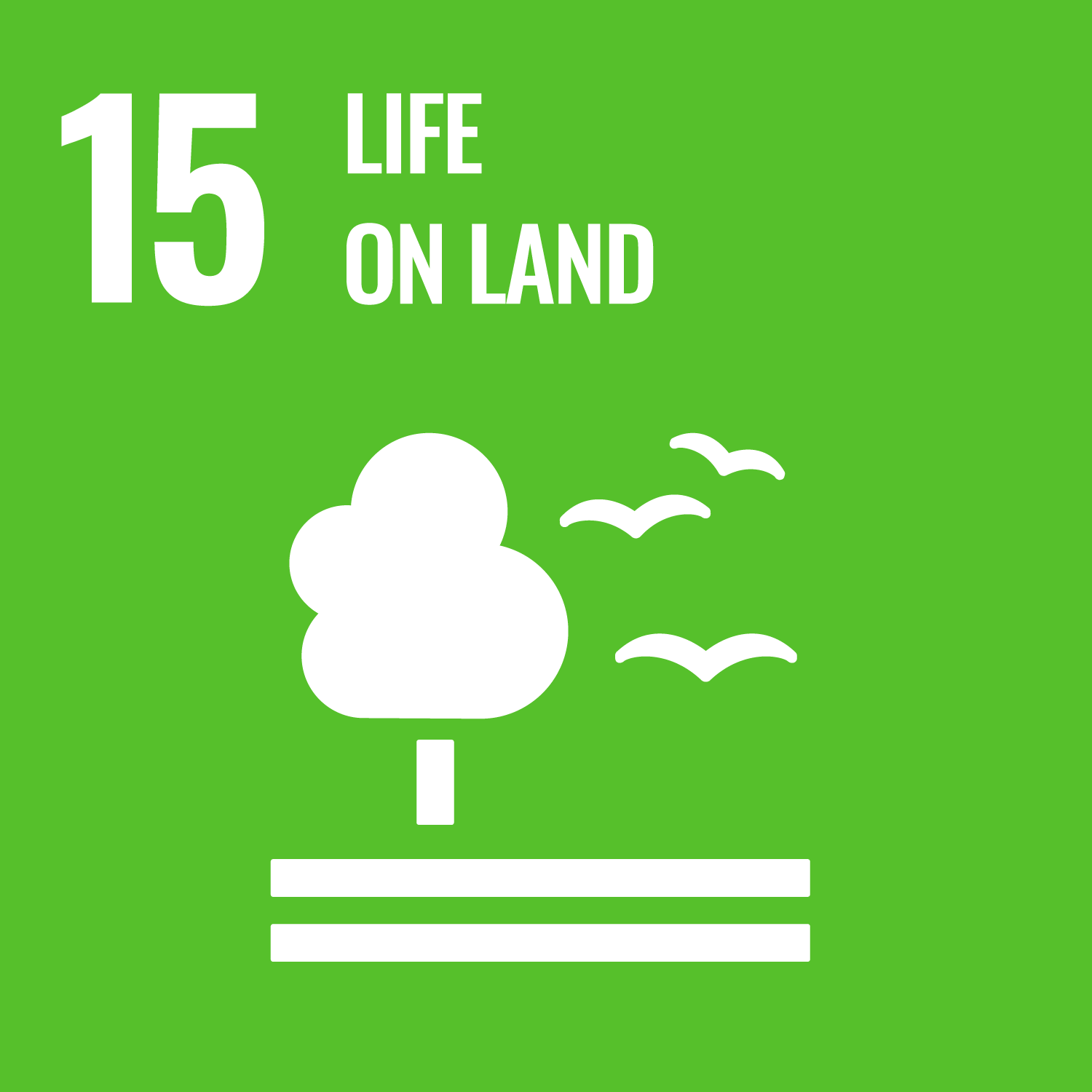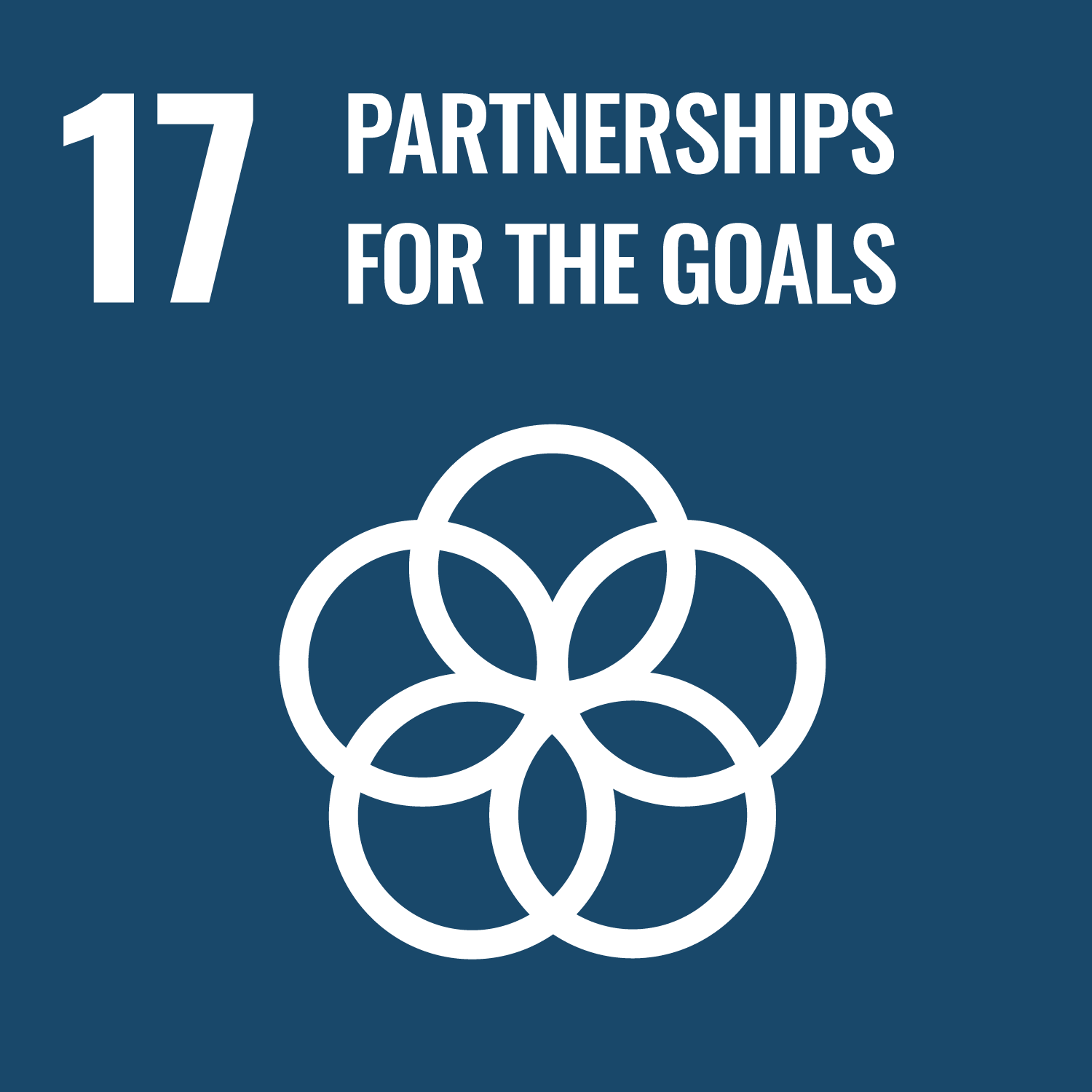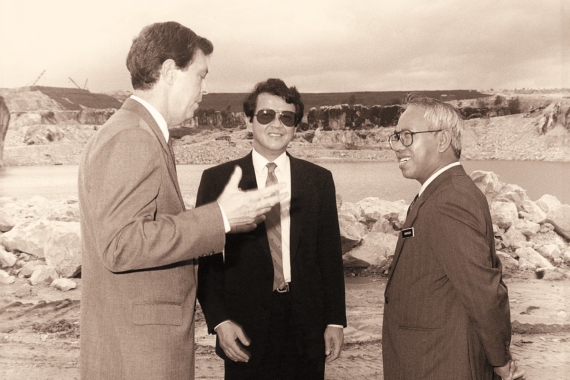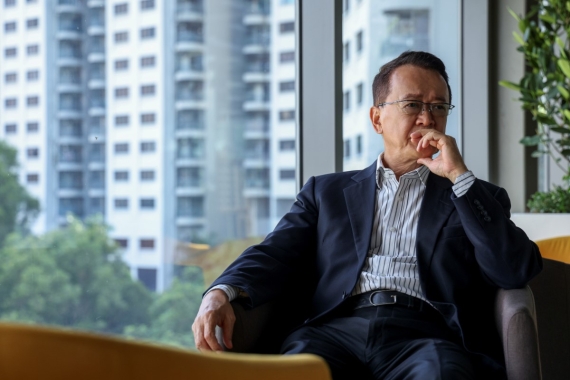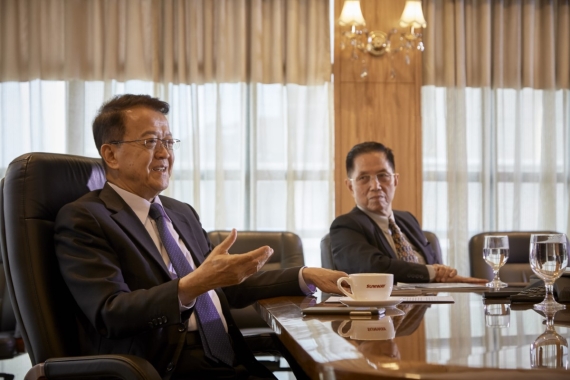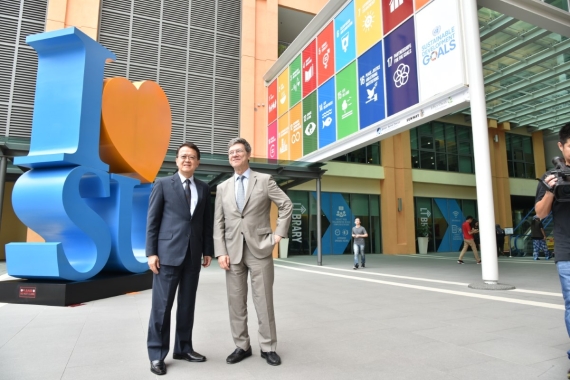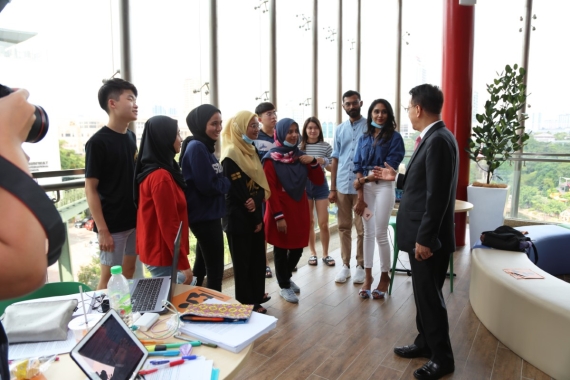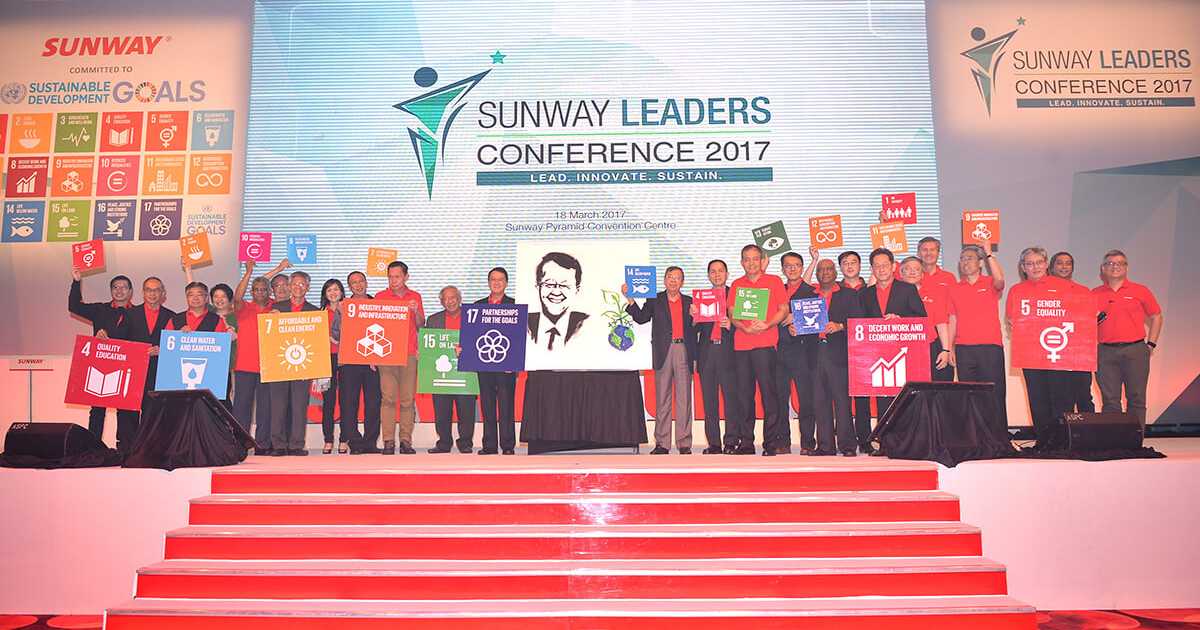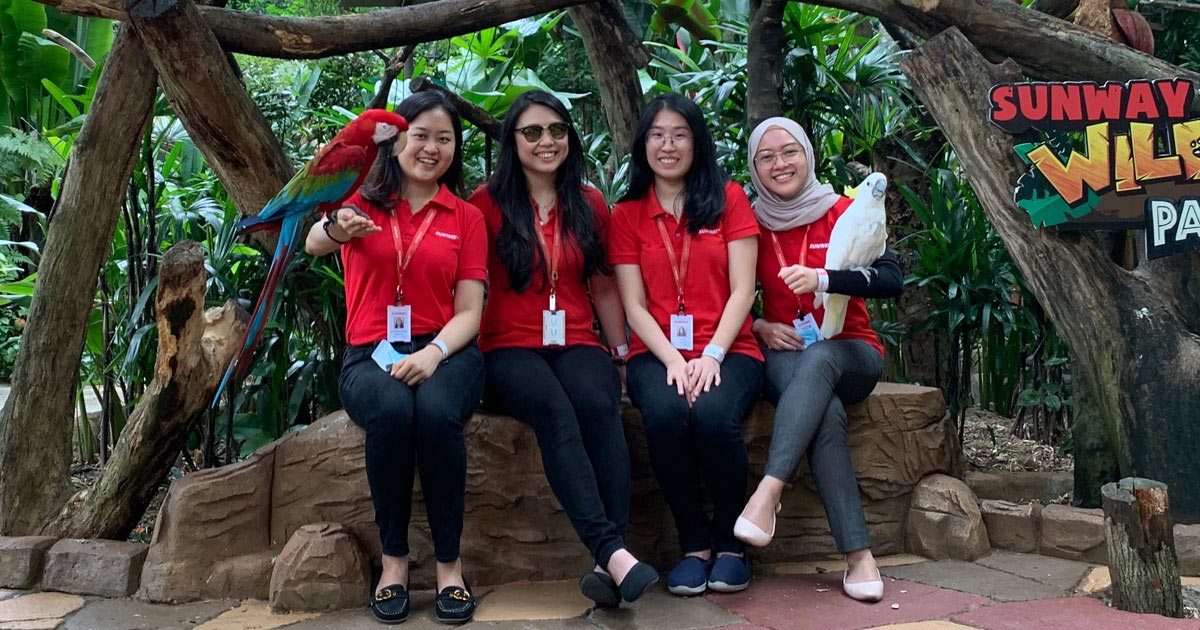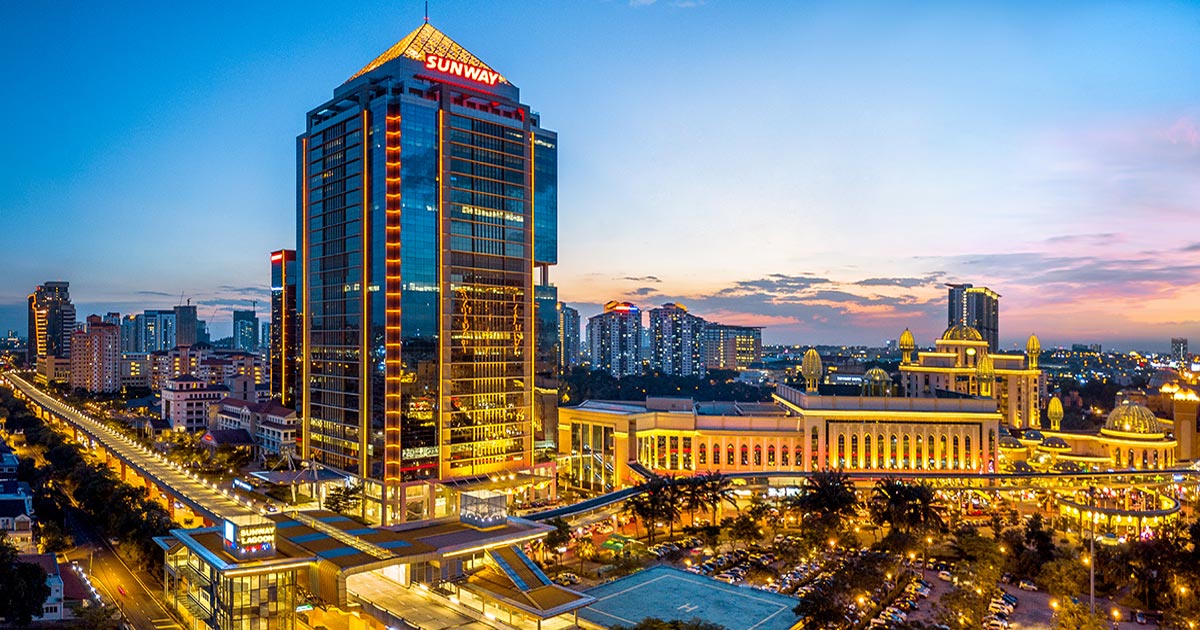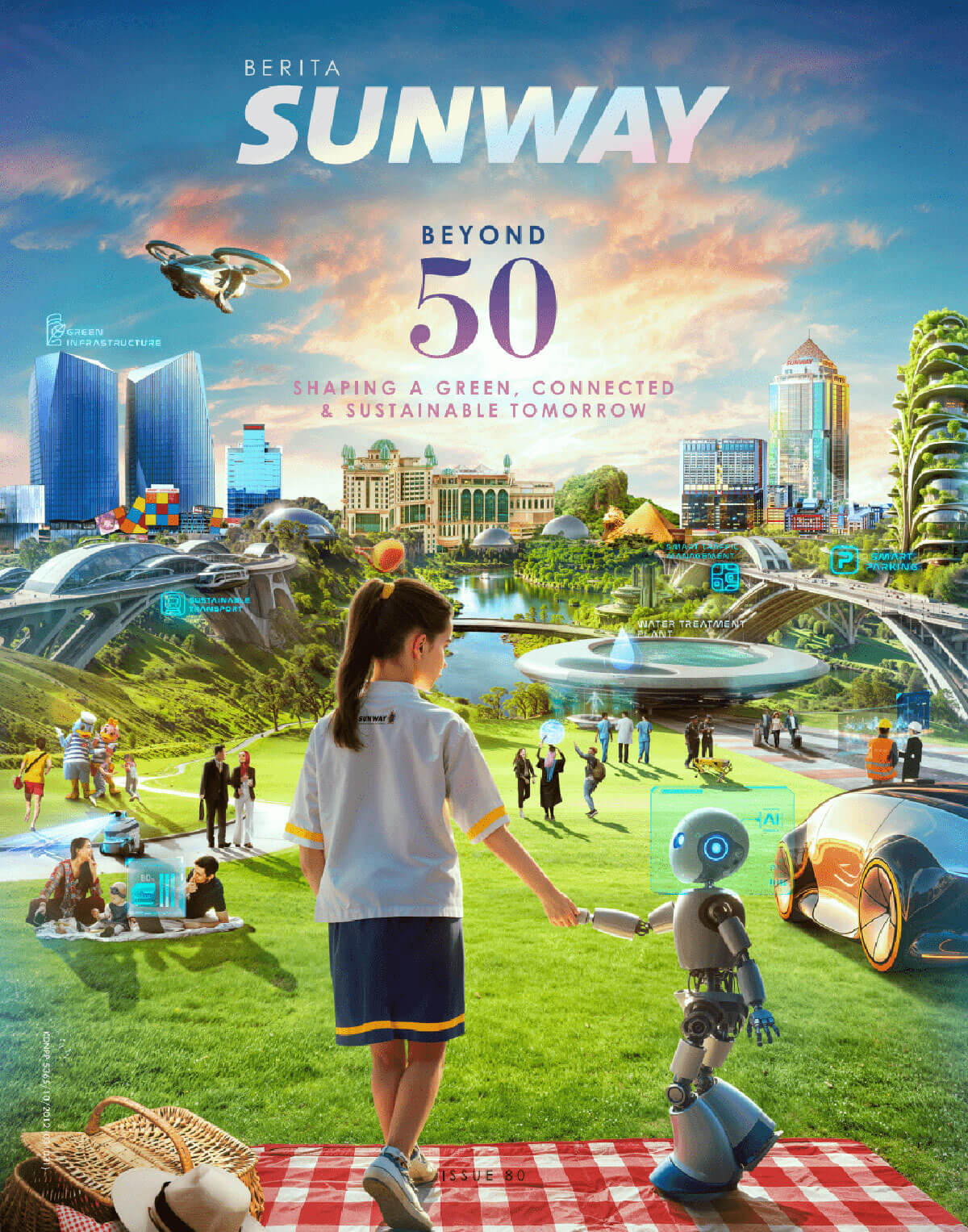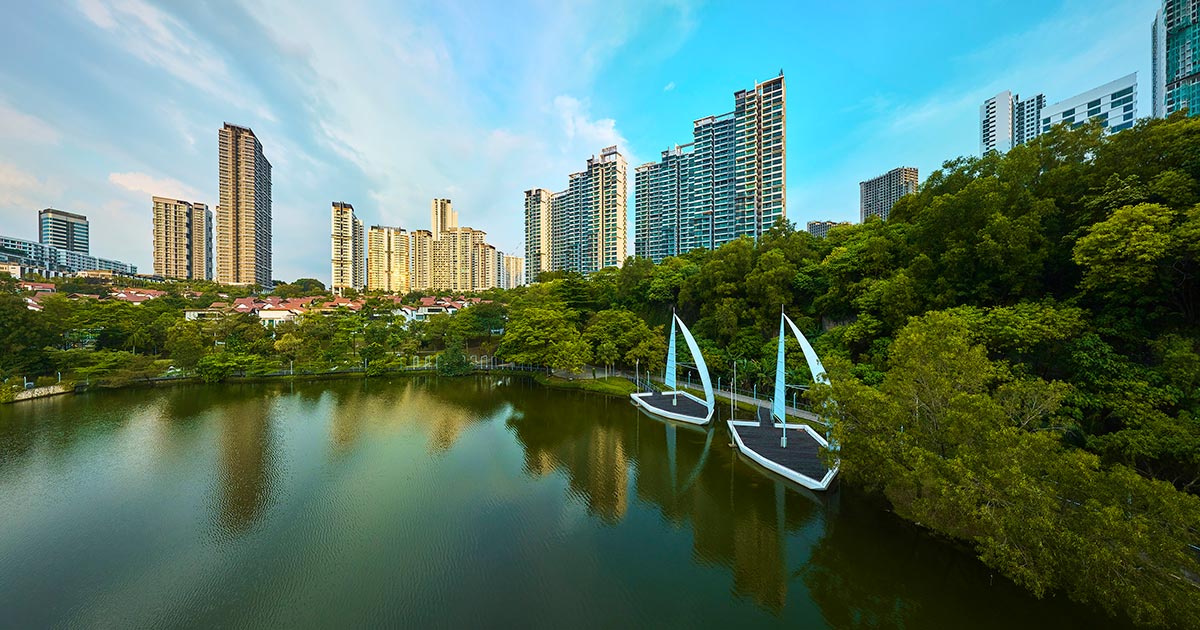ESG Through the Prism of Sunway
ESG is not just another acronym or “buzzword” at Sunway. It is distilled into the Environmental, Social and Governance (ESG) compliance framework that seeks to communicate the company’s sustainability strategy and vision towards creating long-term value for investors and other stakeholders. Sustainability indices rate and rank companies based on ESG reporting.
Adopting best practices for ESG reporting also drives sustainability efforts through risk management and mitigation in preparation for all eventualities of the corporate world.
We sat down with Mr. Ong Pang Yen, executive director of chairman’s office, to give us insights into how Sunway has seamlessly integrated the ESG framework into the company’s culture, and how has this strategic alignment spurred Sunway into embracing and achieving the 17 United Nations Sustainable Development Goals (UN-SDGs).
1. Sunway aims to be Asia’s model corporation for sustainable development. It is committed to advancing the UN-SDGs as well as being ESG compliant. How does the group align all its aspirations and commitments into perspective?
The 2030 agenda for sustainable development, commonly known as the 17 UN-SDGs, was adopted by all United Nations members states in 2015.
The UN-SDGs represent an urgent call for action by all countries – developed and developing alike – in a global partnership. They recognise that ending poverty and other deprivations must go hand-in-hand with strategies that improve health and education, reduce inequality, and spur economic growth – all while tackling climate change and working to preserve our oceans and forests.
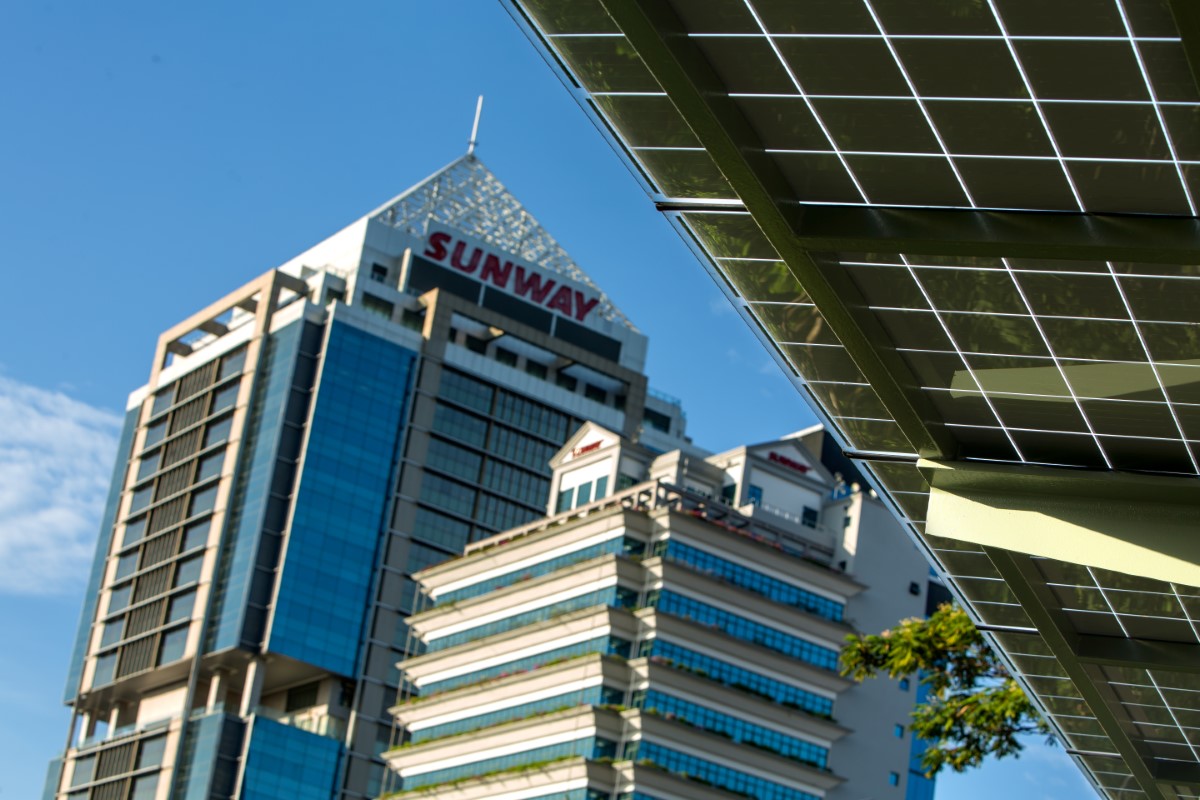
The sky’s the limit for us.
These are universal values and goals that all nations should strive to pursue and achieve to make the world a better place for all.
To achieve these goals, however, we will need to put in place the necessary mechanisms and have the right tools.
At Sunway, we see the ESG measurements and compliance framework as one of the more effective tools and as a “means to an end”, which is the UN-SDGs.
ESG is not an ‘end’ in itself. It would be a mistake to pursue ESG in that manner and miss out on the UN-SDGs. The tools can and may change, but the goals remain.
Today, ESG is more of a regulatory instrument, to raise awareness and to promote compliance by corporations for a very good reason, i.e. pushing corporate citizens towards collectively achieving the UN-SDGs in a corporate language that all can understand- compliance.
2. The need to be ESG compliant is gaining traction around the world. Sunway has seen remarkable progress in this regard. What motivates Sunway in this pursuit and what are the challenges?
Sunway adopted the ESG compliance framework with much ease because in terms of its own (corporate) goals and vision, they are already very much aligned with the UN-SDGs right from its inception.
Sunway Group founder and chairman is frequently quoted as saying “we can do well by doing good”. That we should not be involved in businesses that harm society. That we must take good care of Mother Nature, our planet and make the world a better place for our future generations. These corporate values and culture are deeply inculcated in the DNA of the brand from the very beginning and it is not just lip service; the Group and the chairman talk the talk and walk the walk.
Its flagship development in Sunway City Kuala Lumpur is widely acclaimed as a wasteland-turned-wonderland success story. It is a sterling example of how a lifeless tin-mine was rehabilitated and rejuvenated into a bustling and thriving integrated township. Instead of more deforestation for urban expansion, a piece of wasteland was rehabilitated and its eco-system as well as flora and fauna restored. The city itself has won a host of awards and recognitions under its belt including Malaysia’s first Green Integrated township, Low Carbon city and Smart Sustainable Development and many more. Today, it stands proud as a ‘living laboratory’ with three research-intensive, and internationally recognised universities.
For the group, the motivation is inherent and deep-rooted. It is about doing the right things the right way. It is reflected in its business philosophy and its core values of Integrity, Humility and Excellence.
The Group could wholeheartedly embrace and adopt the ESG compliance framework because it is very much in line with its aspirations and goals of making the world a better place for future generations.
Of course, there are external and internal challenges but the group continues to reinvent itself to adapt with agility and prepare well for them.
3. What are the challenges faced by the Group in implementing ESG?
The Group will be celebrating its 50th anniversary in 2024. It has grown from strength to strength and has weathered through a few storms, such as the financial crises in the mid 80s and late 90s. Its integrity played a critical role in manoeuvring through the crises as stakeholders and investors continued to place their trust in the group even during the most difficult times.
50 years is not a short period of time and it is already, to some extent, a testament to the Group’s sustainability strategy, its level of preparedness in the face of an ever-changing business environment, and its abilities to outrival many of its competitors and be among the top in the industries in which the group operates.
One of the key success factors to ‘survival’, which is perhaps another term to aptly describe what ‘sustainability’ actually means, is Sunway’s preparedness and agility as well as the ability to change and adapt.
There will always be economic cycles, new business models and circumstances that may be ‘disruptive’. Corporations will do well if they are alert so as to remain relevant throughout these shifting paradigms and be well prepared for them. There is no room for complacency.
If we look to the horizons at this juncture, there are clear signs that a ‘storm’ is brewing, from climate change to the demand for a more equitable and just society and respect for human rights; as well as the demand for more transparency and accountability in the way businesses are being conducted. These are the very issues pertaining to Environment, Social and Governance, and that is what ESG is all about.
When we take a closer look at the ESG disclosure framework, rating agencies such as FTSE4Good have provided a comprehensive list of what the material issues are. And they rank these issues in terms of degree of risk exposure that the industry would be facing if the issues are not properly addressed. There will be consequences affecting the bottom line if the risk materialised and companies are not well prepared for it.
On the social front, we have seen instances where goods are seized by customs when companies producing those goods are found to be abusing human rights in the treatment of their workers. Operations are suspended if they do not comply with the provision of basic facilities and amenities in their workers’ quarters in contravention to legislation.
Similarly, climate change will result in more and more inclement weather conditions, torrential rains, flash floods, strong winds, extreme heat and so on. These will have an impact on the way business are being done. There are transitional risks as well to consider, as governments may start imposing carbon tax to better dissuade and manage excessive greenhouse gas emission. It can impact the bottom line. In other words, it can no longer be business as usual.
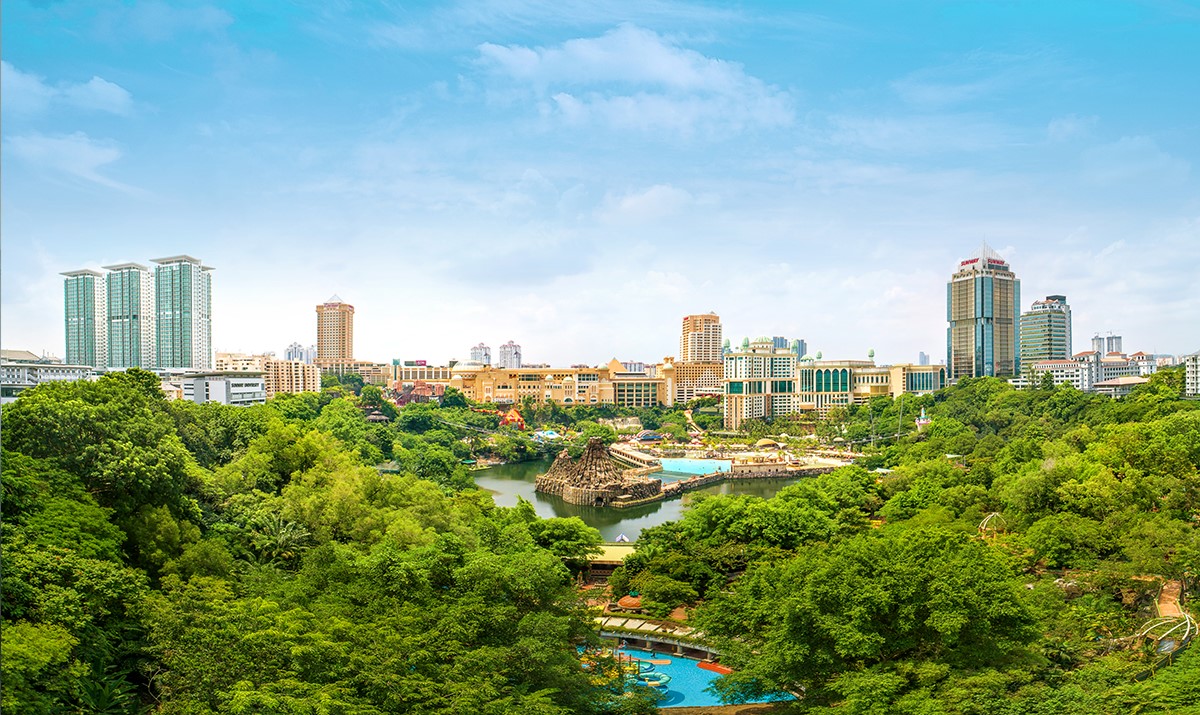
Exemplifying that sustainability and profitability are not mutually exclusive
Where governance is concerned, the demand for transparency and accountability will continue to grow, which is necessary and needed if we are to do well and do so responsibly. It is a matter of integrity and trustworthiness.
Hence, the challenges in ESG are not something new to the group because they are about staying alert and relevant to the ever-changing environment and circumstances. It is to avoid being caught off guard and unprepared.
There are many ways to prepare ourselves for such risks. It may mean some diversification, venturing into new businesses and doing things differently. To be well prepared for all possible eventualities is probably the essence of what sustainability and survival mean.
As we see it, when rating agencies give a company a three-star rating for ESG compliance, the message they are sending to investors is that this particular company is well ‘boarded up’ and well prepared for the ESG ‘storm’. And so, just like a credit rating, it is sending the message that the company is therefore ‘safe’ and secure for investments.
To further illustrate the point on being well prepared for all eventualities, the Group is heavily involved in the hospitality and leisure sectors, both are worst hit by the pandemic. And yet, as a group, it is able to weather the pandemic storm well and was able to fulfil its commitment to paying dividends to its shareholders. That should speak volumes of its sustainability strategy.
4. Are all Sunway’s stakeholders aligned and supportive of the Group’s commitment to ESG compliance?
Most certainly. From the Board to the management and employees, the group is very much aligned across all levels. The pursuit of the sustainability agenda is in the DNA of Sunway. It has been inculcated into the culture and the value system of the Group. It is the right thing to do and we will continue to do well by doing good.
If we can see ESG as a ‘survival’ tool to help corporations plan and prepare well for what is to unfold in the near future, to manage the related risks exposure well, then there is no doubt that we should all embrace and adopt this tool whole heartedly.
Sunway’s embrace of the ESG and sustainability agenda is not dependent or driven by external regulatory factors, or merely for the want of ‘enticing’ or ‘pleasing’ the fund managers per se.
It is driven internally by a strong and deep conviction to keep doing the right things the right way. To be constantly on the alert, learning from our partners and other experts in the field including the UN Sustainable Development Network and the Jeffrey Sachs Centre that we are hosting here in Sunway University and Sunway City Kuala Lumpur. Through strategic partnership, we can all do better by combining our strengths. And this is what SDG 17 is all about.
There is probably no better way to end this conversation by quoting the founder and chairman of Sunway Group, Tan Sri Sir Jeffrey Cheah:
“Advancing the UN-SDGs is not the sole responsibility of the Governments alone. It requires the commitment of all sectors of society – the private sector, academia, civil society and every individual. We are all in this together.”











